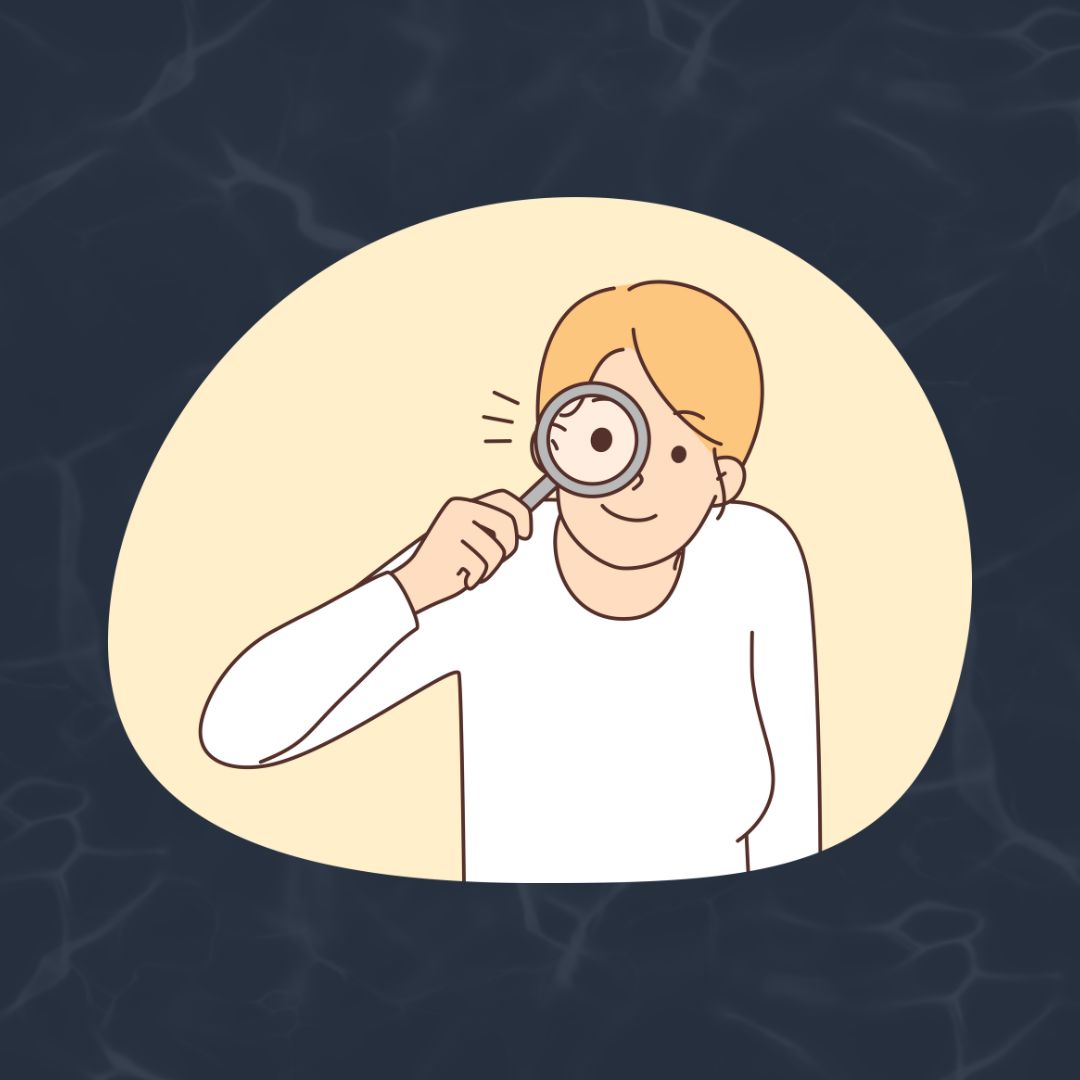In an episode of the TV show “Suits,” Katrina Bennett faces a dilemma familiar to many in today’s rapidly evolving workplace: She’s asked to use an algorithm to determine who should be laid off. Trusting in the efficiency of AI, she relies on the algorithm’s decision. However, she soon realizes that while AI may excel at crunching numbers, it lacks the capacity to comprehend the intangible qualities that make us human – empathy, creativity, and the ability to connect on a personal level.
Scene 1
Scene 2
In the first scene, Katrina defends the algorithm, even though it puts a favorite associate, Brian, in one of the positions to be fired.
In the second scene shown above, Donna asks, “Tell me who are the top five most efficient associates?” When Katrina answers, and points to where they sit, Donna follows up with “and who sits here?” pointing to the seat in the middle of them. When the answer is Brian, Donna explains that sometimes the value of a person can’t be illustrated with an algorithm. Sometimes the value is in how they support others and help them perform at their best.

Recognizing Your Irreplaceable Value
In a world increasingly dominated by artificial intelligence, it’s easy to feel like just another cog in the machine. It’s also natural to worry that your job isn’t safe and that you might be replaced by software.
But, as the scene from Suits illustrates, it’s crucial to recognize the inherent value that humans bring to the table – a value that can’t be replicated by even the most advanced algorithms.
One aspect of this is the accumulation of experiences over time. Unlike AI, humans have the capacity to learn and grow from their experiences, building upon their knowledge and skills in a way that is uniquely human. This continuous growth allows us to adapt to new challenges and situations with a level of nuance and complexity that AI simply cannot match.
Furthermore, humans offer a perspective that is shaped by their individual backgrounds, beliefs, and values. This diversity of thought is invaluable in problem-solving and innovation, as it allows us to approach issues from multiple angles and consider viewpoints that AI may overlook.
In essence, it’s our humanity – our capacity for empathy, intuition, and emotional intelligence – that sets us apart and makes us indispensable in an increasingly automated world.

Understanding Nuances Beyond AI’s Reach
While AI may excel at processing vast amounts of data at incredible speeds, there are certain nuances of human interaction and decision-making that it struggles to grasp.
For instance, the ability to translate knowledge from one domain to another is a skill that often requires creativity, intuition, and real-world experience. Humans are adept at making connections between seemingly unrelated concepts, drawing upon their unique backgrounds and expertise to find innovative solutions to complex problems.
Humans possess the ability to verify information and discern between reliable sources and misinformation. In an era of fake news and misinformation campaigns, this critical thinking skill is more important than ever.
Humans have the capacity to serve others in a way that goes beyond mere functionality. Whether it’s providing emotional support, offering personalized recommendations, or simply lending a listening ear, humans have a unique ability to connect with others on a deeper level.
Humans are able to identify gaps, needs, and blind spots that may elude AI’s algorithms. By leveraging their intuition and understanding of human behavior, they can anticipate potential issues and proactively address them before they escalate.
It’s the combination of these nuanced skills and abilities that make humans indispensable in a world where AI seems to be running rampant.

Reminding Others of Your Relevance
Of course, since there is an accelerated excitement for what AI can do, and the human element may be taken for granted, it’s important to remind others – and ourselves – of the unique value that we bring to the table.
Showcase your creativity, empathy, and problem-solving abilities in your daily work. By embracing your humanity and leveraging your strengths, you can demonstrate the value you bring that can’t be replaced with AI.
It’s also important to advocate for the continued integration of human-centric values and ethics into the development and deployment of AI technologies. While AI has the potential to revolutionize countless industries, we have to prioritize human well-being and ethical considerations every step of the way. By championing these values, you can ensure that AI serves humanity rather than replacing it.
In conclusion, while AI may excel at many tasks, there are certain qualities that remain uniquely human. From our capacity for empathy and creativity to our ability to navigate complex social dynamics, the human element continues to play a vital role in today’s increasingly automated world. By recognizing and embracing our humanity, we can ensure that we remain relevant and indispensable in an age of AI dominance.
